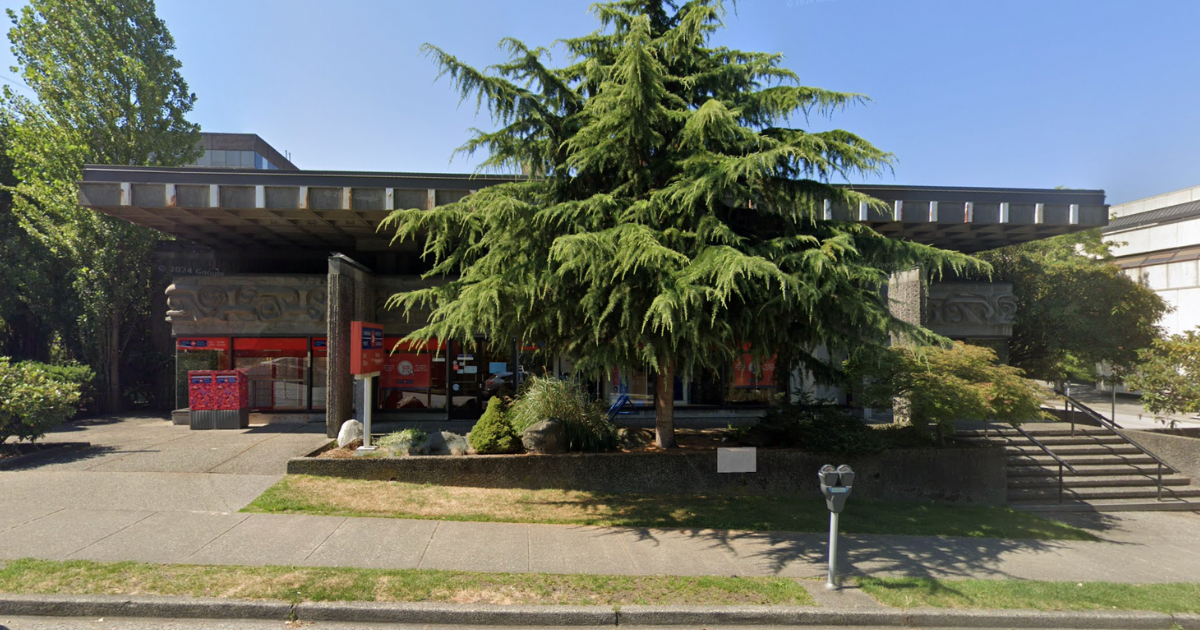After meeting hundreds of companies over the past two years, Campbell Courteau and his team of tech experts discovered that most property management firms were automating only 30 per cent of their operations, leaving 70 per cent of the work to be done manually.
“We’re flipping that on its head,” says Courteau, who is vice president of sales at Yuhu, a freshly minted proptech startup that’s promising “to make landlording simple.”
Courteau says that when it comes to accounting, most landlords and property management companies have adopted some form of automation, but a bulk of the functions on the operational end, such as leasing, maintenance and inspection of properties, or tenant experience are still entirely paper-based.
Yuhu’s website proclaims that their mission is “to supply open, easy-to-use cloud-based software with unparalleled partner support for the entire rental ecosystem.” Indeed, their technology, says Courteau, aims to make real estate property managers and owners of all sizes of companies to think more digitally when accomplishing tasks such as signing leases and renewals, setting up inspection reports, and even tenant-facing activities such as payment collections and tracking financial records.
“With Yuhu, tenants won’t have to walk up to a concierge and hand them their cheques at the end of every month, they can automate their payments directly online,” says Courteau.
The company has partnered with Equifax and Certn to conduct tenant screening directly from the Yuhu platform. They are currently working with Equifax to allow tenants to build credit while paying rent. Using Amazon Web Services to host their data, Yuhu’s security protocol is comprehensive, says Courteau.
Yuhu’s CEO, Hugh Kolias, is the son of Boardwalk REIT founder and CEO Sam Kolias. He founded the Toronto-based startup in 2016. Since then its client roster has grown to include over 40 clients, some of which are CAPREIT, Boardwalk REIT, Avenue Living, Concert Properties, Obenflats, Greenrock and Shiplake Properties – landlords in Canada who either own more than 1,000 residential units or run commercial operations with more than 2.5 million square feet.* But Yuhu’s platform is also used by landlords that own less than 100 units.
“We recently implemented bookings, leasing and applications solutions with Yuhu, which are a game-changer for our company in terms of efficiency and going paperless. The Yuhu team was very open to customization to support our business processes, and we have co-created a very neat solution for our employees and tenants,” says Crystal Li, chief of staff at Avenue Living.
Yuhu has many competitors in the proptech market. Pricewaterhouse Cooper’s (PwC) 2019 Emerging Trends in Real Estate report says proptech (short for property technology) has “already hit the mainstream, and it is forecast to add US$5.2 billion in new investment globally across 454 equity deals in 2018 after reaching a record US$3.4 billion in 2017 across 367 deals, according to CB Insights.”
Those surveyed by PwC said there’s more need for flexibility from consumers of the real estate market and that “many startups that use such spaces eventually need a bigger, more permanent footprint. Technology is changing more than just the end-product – it is also altering the leasing and sales process.”
But within such a competitive landscape, Yuhu stands out, says Courteau, because “there are several players who are focussing on what I like to call point solutions. Some focus on leasing applications, while others focus only on payments, or solely on maintenance or just inspections, or tenant experience. Our differentiator is that we integrate all these services under one platform for a fraction of the cost.”
Courteau adds that while their market is replete with large competitors, it is also fostering a healthy innovative environment where technology is being leveraged by the real estate industry to move forward.
Through one application, Yuhu provides landlords high tech, yet user-friendly reporting capabilities along with analytical data insights during the entire lease-to-move-out process. “You get that total 360-degree view into the whole operational process from our platform,” says Courteau.
By the end of 2019, Yuhu plans to triple in size. Its growth trajectory includes expansions in the U.S. and European markets in 2020.
*This was corrected from the original version, which incorrectly said $2.5 million.
Sohini Bhattacharya is a contributing writer for REM.

















